With the end of the academic year here and students worldwide finishing their courses, I wanted to offer some suggestions from my own experience of life during/after University as a games developer.

Hey! It’s around that time of year again. I recently did a talk at Manchester University about games development. I feel a lot of the information shared with them might help other students who are currently on the brink of graduation or folks trying to justify building games on the side of their chaotic lives (Be that in University or not).
A quick bit of background on me: I’ve developed games for the last 5 years and have individually made around 80 different projects, 12 of which I’m comfortable with saying are up to scratch. I’ve taught programming to five hundred 7-17 year olds in the states, I myself studied at University but have also taught at degree level for 2 years. I write curriculum content for tech-ed organisations and also run workshops in various fields. I also build custom controllers and bizarre contraptions that I exhibit at conferences around the world.
So, with that out of the way, let’s get right into the meat of this: There’s a lot of mixed thoughts on the actual value of degrees currently, especially in the UK as the price of attending continues to skyrocket. Whilst having a degree is great, we’re already starting to see “Syndrome syndrome” (having a degree is the default, rather than something of prestige). As time goes on, just doing a degree simply isn’t going to be enough. You need to start doing more than just jumping the hoops.
Despite what I’ve said above, there are many fantastic things that University gives you. At the very least, here’s a couple of the key ones:
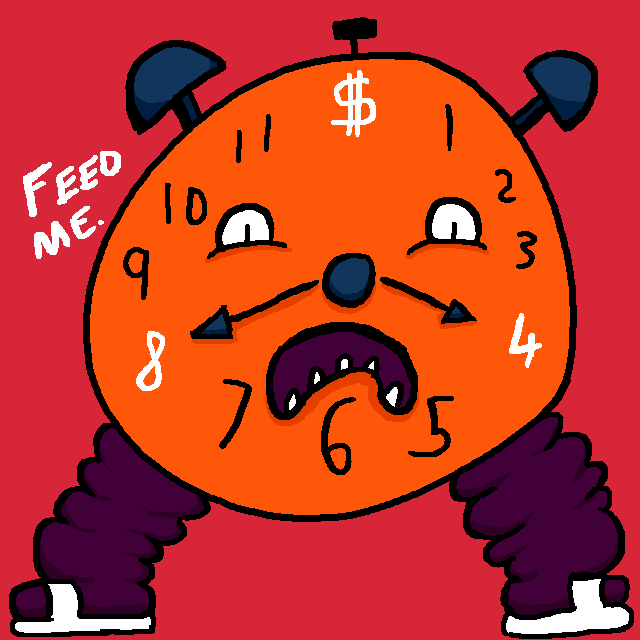
BUYING YOURSELF TIME
Whilst it’s the most common excuse I heard from students for assignments not being submitted/done, University gives you the most time in your life to figure out what it is you want to do and then work like a nutcase to achieve it. Lecturers are there to help you with your studies and guide you throughout your time there, but it falls to you to put the extra legwork in to make things happen beyond your degree. This might not be at all related to your course, heck, try other stuff and dabble in other mediums, just do something useful with that time. There is so much material and resources just lying around waiting to be used and the cost of living is significantly lower, meaning you can focus on the things that matter.
In my second year at University, I realised that I couldn’t rely on the programmers on the course after a couple of projects fell flat, so began to learn to code on the side. If I hadn’t used that extra time to learn programming, I wouldn’t have built the prototype that gave me the opportunity to set up my own game building course in the US. That in turn wouldn’t have given me the thousands of hours working with kids that sculpted my experience of teaching but also expanded my programming knowledge to an advanced level. The smallest of investments of time outside of the norm can really make the biggest impacts in the long run.
Even just from a commercial angle, developing games independently is a stupidly risky business. I’ve recently made the decision to quit my current job to give games development my full attention. This has meant giving up a lot of security and will definitely result in some sleepless nights over the progress of projects. In contrast at University, you have 3 years to make as many games as you want. They can be successful, they can fail catastrophically, but the outcome doesn’t matter as long as you’re still doing it: You can make all your mistakes without any of the risk and only grow from the experience.
Once free of the fear of commercial failure, you can make whatever games you want without worry of whether they’ll sell or not! There are plenty of dumb or unsellable games that I’ve developed purely out of curiosity for an abnormal concept or for a cheap laugh. Taking the time to work on these projects will ultimately mold your career and in time bring recognisable character to your work through the consistent themes of content released.
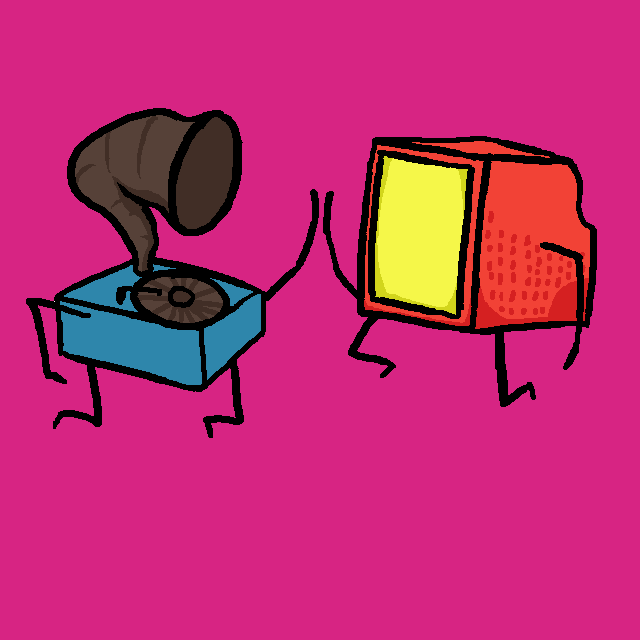
FREEPLE
To make that title clearer, people who are willing to collaborate for free. Most are looking for opportunities for portfolio pieces and projects to work on, so will often offer their time/resources for less than a professional. This can come in many formats - Music production students looking to get into games development, Web designers you can ask to develop an awesome interactive webpage for a crate of beer, artists who are looking to realise their work using technology, the list goes on. Outside of the University environment (other than in short bursts such as game jams) it’s much harder financially to justify such large investments without pay, but at University, time is the main currency.
One of the music production students I worked on Trenchbrain with in final year managed to find his first major commercial game project through our collaboration. He’s now outsourcing for a sampling company in LA and has worked on multiple commercial games.
In the case of music production, having specialists in a field involved helps you make the most of one of the few senses you can manipulate in games development. I’ve seen so many visually stunning games with awful soundtracks but on the flipside of that I’ve also seen very minimalistic games with gorgeous audio. The latter tends to sway me more. Reach out to folks on other courses and forge contacts, encourage collaboration between mediums and who knows what you’ll come up with! Last summer I worked with 2 fine artists; one a painter and the other a specialist in bizarre and strangely beautiful painted masks and costumes. Together through our collaboration we built a puppet boxing game over two weeks, something without our particular skillsets might not have come into existence.
On the topic of free things, don’t focus too much yet on making money from your games; as mentioned earlier, you want to focus for now on getting your games into as many hands as possible thereby growing a community of fans. It lets you focus on the intrinsic value of collectively making something of quality rather than getting caught up in petty squabbles over theoretical money! (The number of teams I’ve seen implode over this stuff before they even have a prototype is insane). Game jams would be impossible to run if those involved had to negotiate their terms and demanded payment for their services!
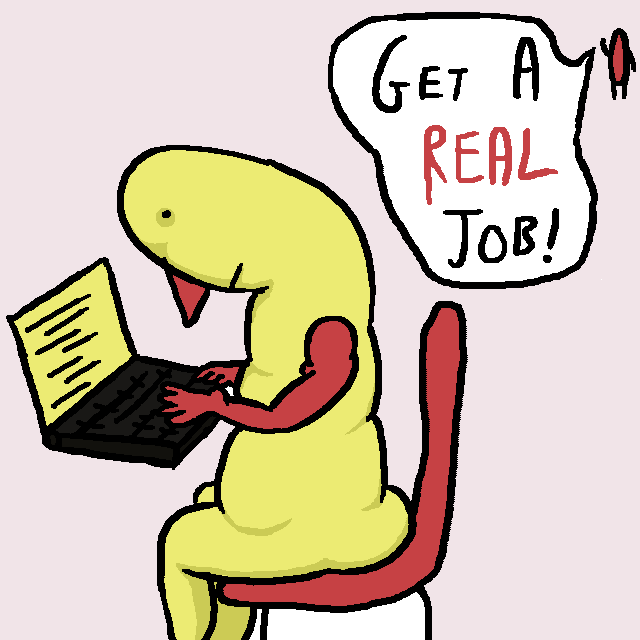
NO STIGMA
Here’s a weird one that I don’t think a lot of people talk about - There’s a lot of stigma around developing games as a career path unless you’re making a consistent stream of money from it (Which independently can take a lot of time to reach). Whilst you’re a student, this isn’t as much of a problem - You’re doing your course, so that serves as a point of deflection. The moment you get out of University, peoples’ expectations of you can change. I found myself faced with many questions such as “When are you going to get a real job?”, “Have you considered [Unrelated/dull] career?”, “Oh, you’re still doing that?” These are even harder to deal with if you haven’t managed to get past those teething stages and start pumping out products. One of the best methods of deflecting these questions leads quite nicely into my next topic:

LEARN TO CODE
One of the best ways to anchor yourself to the topic of games design is to be actively coding games yourself. You might not consider yourself a technical mind, but the tools for building games are becoming simpler and more accessible every day and the tutorials to learn them are available in their droves. Find a starting piece of software - Go as simple as you want, focus on building something to kindle your curiosity enough to keep you pushing forward. As you get to grips with it and feel like you’ve exhausted it as a learning resource, move onto the next tool and slowly grow your knowledge. I started learning to code using Stencylworks, I’ve spent the last 4 years mastering that and have since moved onto Blueprints and GameMaker.
You might be thinking “I don’t need to learn to code, someone else will do that for me!” Programming is becoming the norm in as young as primary level. By the time many of these kids reach our age, programming will be second instinct for them. Going back to time as a currency, they will have had up to a decade to experiment with programming!
Don’t believe that this could happen? I introduced a first year visual scripting module on the computer games design/programming course and the difference it made was huge. In the area of game jams, first years hadn’t gotten involved previously due to the perceived lack of experience. Despite the consensus they’d be a burden on the teams, I encouraged them to attend. Coincidentally, we had a deficiency of programmers for a jam I was running and several first years stepped up to fill the roles! Sure, some of the games were buggy, but without them, many teams would’ve been sat twiddling their thumbs as those in later years hadn’t had those extensive classes in visual scripting reinforced.
Many of us in our twenties sit in a trench between the age of the BBC Micro (1981) and the BBC Micro Bit (Now): Programming wasn’t a focus in our schools when growing up, so it falls to us the fill this gap of knowledge lest we become dinosaurs.

TOOL SNOBBERY
Whilst choosing your tool, you might experience some snobbery with what you’re using to build games with. Using drag and drop has put me in the crossfire a good few times with developers at game jams or events, yet it works perfectly for me as a tool to rapidly iterate and flesh out core mechanics before investing too deeply into concepts. Some people’s brains don’t deal well with writing code and having visual scripting tools available to use only makes our collective pool of games more varied and diverse. Play to the strengths of tool you’re using to showcase it’s value - I use Stencyl at gamejams I participate in, pretty much guaranteeing a game within even a timeframe as short as an hour. If all else fails, build a game so awesome that the question of what type of engine doesn’t even make it onto the radar. Most of the games I’ve exhibited at conferences and expos have been flash games, most people didn’t bat an eyelid. Key point to take away from this is as long as the game is good, the tool doesn’t matter.

LOOK AFTER YOURSELF
As mentioned previously, time is your most valuable resource, and one of the best ways to deplete that is not properly looking after your wellbeing. Warm visions of living off supernoodles, working till 6am and crunching for days without break are unrealistic in the long run - Lose your health and the amount and quality of time you have will substantially drop. Here’s a couple of important things to keep on top of:

SLEEP
Making sure to get enough sleep is key - No matter how much energy drinks you try and offset it with, having a good routine of sleep will help tremendously in adding balance to your life. Without sufficient sleep, it makes it harder to focus and in the long run leads to all sorts of grim long term problems such as high blood pressure and heart disease. Once you get out of sync, it’s incredibly hard to get back healthy routines, waking up stupidly late and being restless when it’s time to rest. I’ve experienced insomnia previously from dodgy routines and it took giving up working for a week to reset my body clock and get back on track. I even made a game called Fortigue (Pun on the word Fort and Fatigue) about my experiences of modifying my sleep cycle.

EXERCISE
Exercise not only keeps you physically fit, but also has massive benefits for the mind. Whenever I get stuck on a problem or just need to clear my head, I go for a swim or walk and usually the problem unravels itself. Often my best ideas come to me whilst exercising - There have been times whilst swimming I’ve dashed out of the pool to the lockers to jot down ideas in my notebook. Jon Blow described a similar experience whilst going dancing as a method of generating concepts and fresh ideas. It’s also had links with combatting mental illness, something that can occur with such lengthy periods of time static.
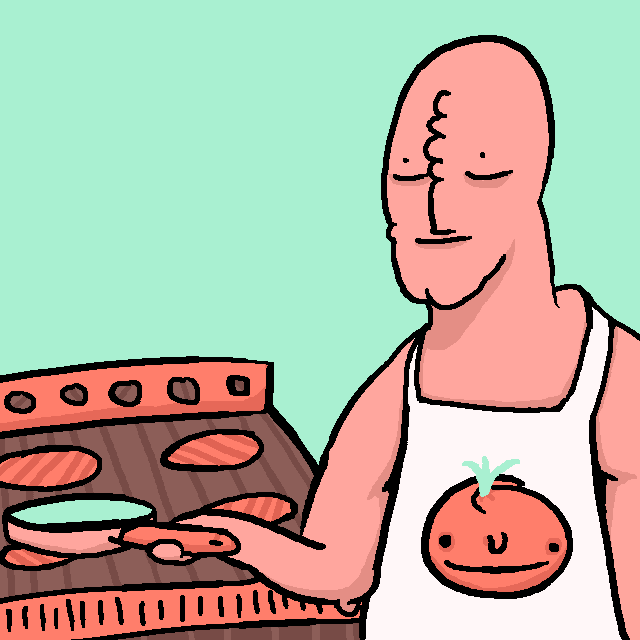
EAT WELL
Having a healthy diet is a good way to keep yourself not sick but also your budget reduced. Ordering takeout gives you more time to work but in continuous amounts will ruin your body and empty your wallet. I also find the act of cooking a nice break from work, giving your brain a different set of rules and systems to focus on. It also gives you extra portions that you can box up for quick lunches!

DO OTHER THINGS
Developing games is good, but if you do nothing but the latter, you will burn out. You need to get out there and do other stuff. Go visit places, maintain social connections and try new things. You’ll find inspiration in things outside of the medium and will come back to your work refreshed. The best ideas I’ve had come to me have been away from the computer.

WHAT ARE YOU WAITING FOR?
Why start doing it now? Because other than your student debt, you don’t have any burdens or things holding you back: No mortgage, family or kids to worry about and hopefully no credit bills. As time goes on, taking these options and risks to make your own projects will only get more difficult, so starting now is crucial. Even if you try and fail, the fact you gave it a go puts you legions ahead of those who gave up a month after graduation. The games industry has a special characteristic that if you can’t find work, you can make work. Having said that, this will inevitably take time to realise your potential and begin to thrive. At the very least, if you’ve been willing to invest 3 years into a course, an equal amount of time should be invested after graduation to achieving your goals, whatever they may be. With a couple of exceptions, a good chunk of successful developers built games for years before their lucky break and had to make a lot of mistakes. The titles I’m bringing to release now are built on the backs of probably over a hundred prototypes and ideas over the span of 5 years, none of which even now are guaranteed to succeed. I still have plenty of distance to go and gaping holes in my knowledge of games development, but I accept that I’m in for a marathon, not a sprint.
I’ve seen so many students attempt projects and write off the experience of working on them as “commercial disasters”. Even if you make no money from your project, the experience of immersing yourself in the industry, making a network of contacts, building up press lists, exhibiting at conferences and events and at the very least make a lot of people happier having played your game is invaluable.
There’s also the fact that once you’ve started making games, your fascination and drive for the subject will carry you forwards and will envelop you. I love developing games and at least for now can’t imagine doing anything else. You just need to keep that torch burning and you’ll stand out not only as a stubborn candle in a storm refusing to settle for a duller state, but also as a distant beacon of hope for new developers as they start their voyage into the unknown.
EXTRA STUFF!
Here are some pretty useful other things you’ll want to look into, each encapsulated in an article I’ve previously written.
Game Jams - Great opportunity to collaborate with likeminded people in short bursts. Doesn’t require massive dedications and can use the experiences to build up a portfolio.
Getting a notebook - A perfect method of keeping track of ideas and concepts you want to develop as well as making use of dead time to draw and write.
Getting on Twitter - A nice low maintenance method of promoting yourself as well as getting in touch with the industry in an easy to reach manner.
Check out the previous end of year summary I wrote a while back, covers a bunch of different chunks of information that I didn’t really want to needlessly repeat in this one!
Thanks for giving this a read, I hope that you found it somewhat useful. Feel free to get in touch via Twitter or in the comments with your thoughts!
#graduation #students #university #games #life #developer #remaining #money

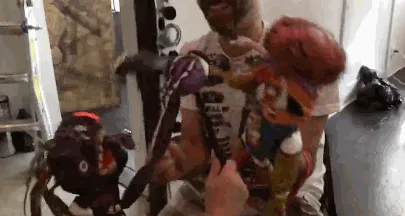


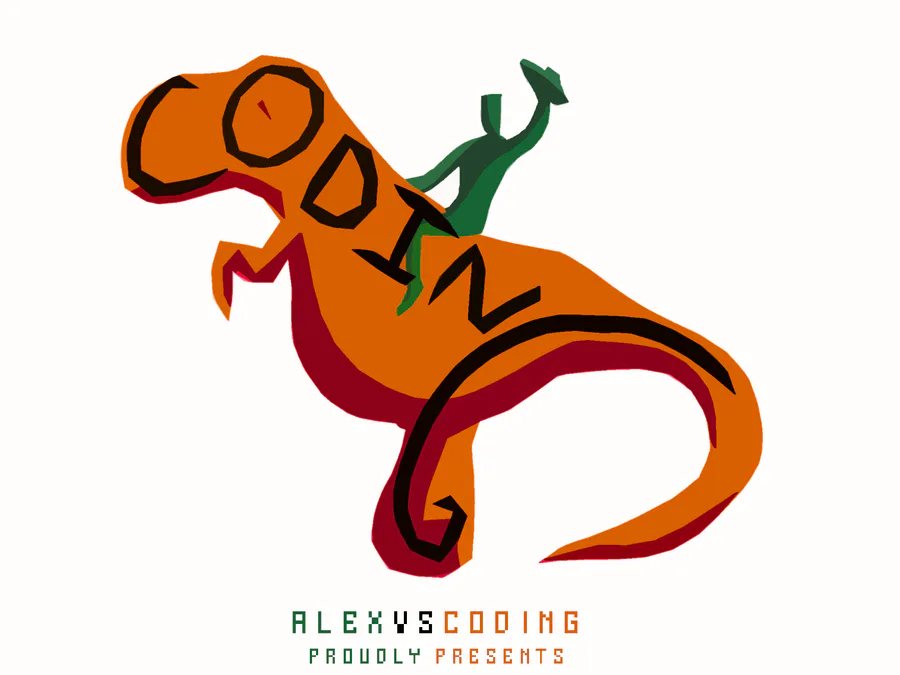


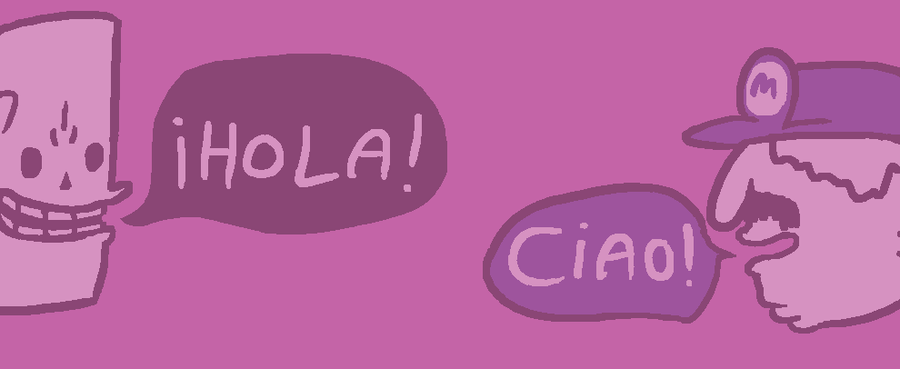

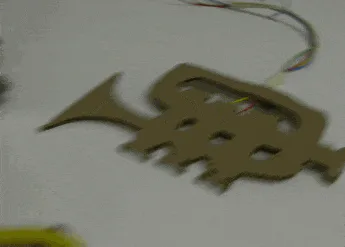
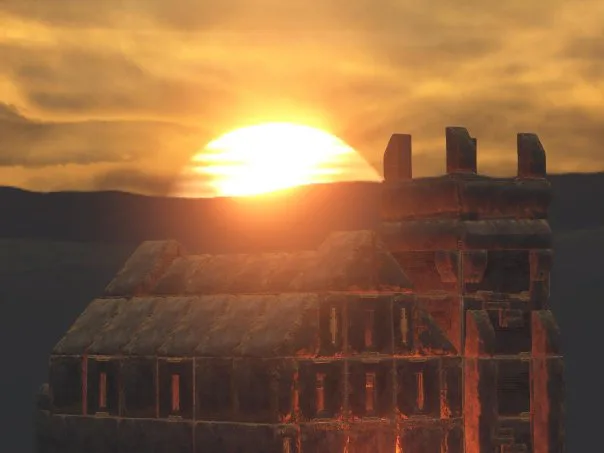
3 comments